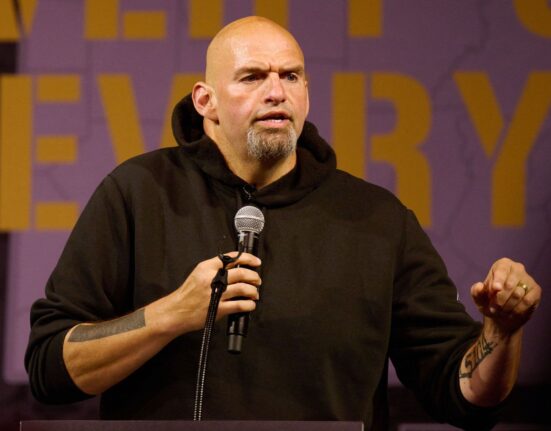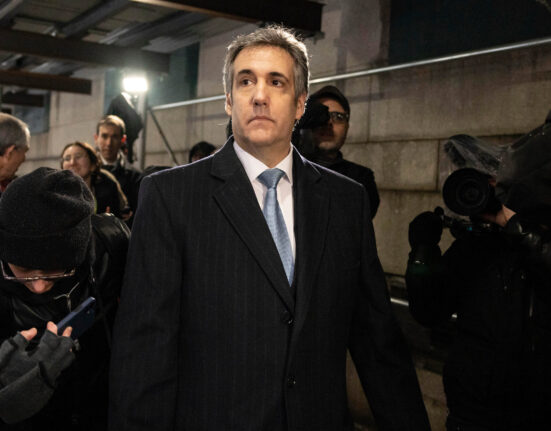In a move to address the long-standing impact of the 1921 Tulsa Race Massacre, Tulsa’s first Black mayor, Monroe Nichols IV, has put forth a groundbreaking proposal. The mayor aims to establish a $100 million private trust dedicated to providing support in various forms to the descendants affected by the tragic events that unfolded over a century ago.
“This trust is not just about monetary compensation but about creating opportunities for economic recovery, education, and housing,”
Mayor Nichols explained. The plan underscores a commitment to rectifying historical injustices and fostering long-term community development.
Mayor Nichols emphasized that the reparations initiative seeks to redress the aftermath of an atrocity that has been overlooked for far too long. He highlighted how systemic issues like redlining and infrastructure neglect have perpetuated disparities within the community even after all these years. Nichols articulated,
“For 104 years, the Tulsa Race Massacre has been a stain on our city’s history.”
The proposed private charitable trust aims to amass assets totaling $105 million, with significant contributions already secured or pledged by donors by June 1, 2026. To ensure transparency and accountability, any allocation of city assets to the trust would require approval from the City Council.
The heart of Mayor Nichols’ vision lies in revitalizing Tulsa’s north side with a substantial portion of funding—$60 million earmarked for improving infrastructure and rejuvenating buildings in what was once known as the vibrant Greenwood District. Reflecting on its past glory as an epicenter of commerce, Nichols lamented how the neighborhood’s destruction during the massacre robbed Tulsa of immense economic potential.
Furthermore, this move comes amidst national discussions on reparations for Black Americans led by initiatives such as Rep. Summer Lee’s Reparations Now Resolution. This resolution advocates for extensive federal investments into reparations programs aimed at addressing historical injustices like slavery and discriminatory laws.
As Rep. Summer Lee aptly pointed out,
“The fight for justice must go beyond symbolic gestures; it needs substantive action.”
This sentiment underscores a growing recognition among lawmakers and communities alike regarding the need for tangible steps towards healing past wounds and building equitable futures.
In conclusion, Mayor Monroe Nichols IV’s proposal represents both a crucial acknowledgment of historical wrongs and a forward-looking commitment to fostering inclusive growth and empowerment within Tulsa’s communities still grappling with the enduring legacy of the Tulsa Race Massacre.





Leave feedback about this